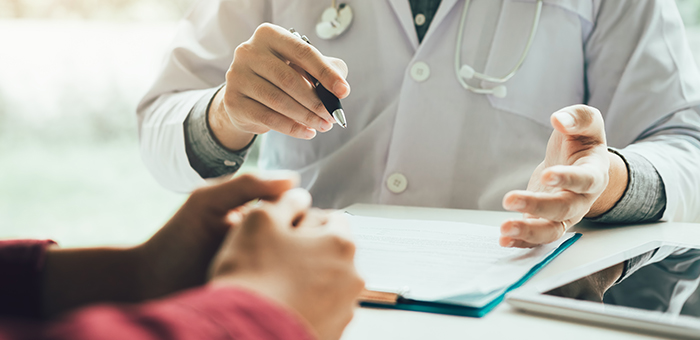If the Drugs Don’t Work… Think Microbiome

If you’ve read the blog post on Personalised Nutrition you won’t be surprised to hear that not only do people metabolise food differently but we also have individualised responses to drugs. Doctors and patients have probably noticed that people vary in how they respond to medications but they have not known why. Not only is this frustrating but it’s also potentially dangerous and expensive due to adverse effects and prolonged suffering.
The Role of the Liver
It was once thought that the metabolism of drugs was exclusively the role of organs such as the liver and kidneys, which convert chemical compounds into water-soluble molecules so that they can be safely eliminated from the body. It is important that the drugs stay in the body long enough to have an effect but not long enough to accumulate and become toxic. But different responses to drugs are not totally explained by how well the organs of detoxification are functioning.
Bring on the Bacteria
It turns out that the reason for the differences in drug response is at least partly down to our gut microbes. Researchers from Yale have identified human gut microbes that metabolize over 150 drugs. A finding that highlights the role bacteria play in determining why some people don’t respond to, or have adverse side effects from taking medications, while others don’t (1).
The research is a first step in identifying biomarkers that could help doctors prescribe drugs that are the safest and most effective for individuals.
It is suggested that the same approach could be used to establish how the gut microbiome modulates our response to substances such as food and environmental agents. For more information see blog posts on Personalised Nutrition and Are you Carb Adapted?
References
1. M Zimmermann, M Zimmermann-Kogadeeva et al. Mapping human microbiome drub metabolism by gut bacteria and their genes. Nature. 3rd June 2019